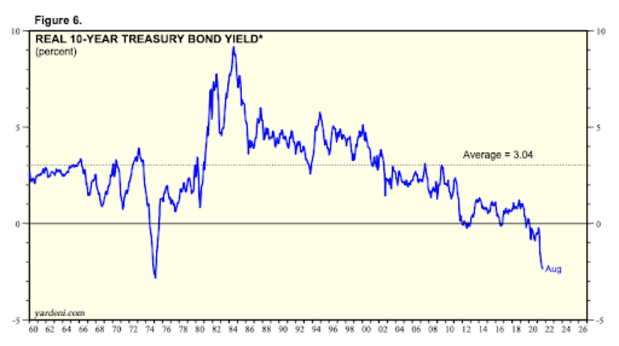US SEC Rejects VanEck Spot Bitcoin ETF
The commission released a disapproval letter citing investor protection concerns and the lack of manipulation prevention in the market.
- The SEC has rejected VanEck’s spot bitcoin ETF proposal.
- The filer had not demonstrated that its proposal abides by the national requirements for such an offering, the SEC explained in a disapproval letter.
- It is unclear when the commission would feel comfortable approving a spot BTC ETF in the U.S., but investors can still acquire bitcoin themselves — a better option.
The VanEck spot bitcoin exchange-traded fund (ETF) has been rejected by the Securities and Exchange Commission (SEC), according to a disapproval letter released on November 12.
The fund sought direct bitcoin exposure by holding BTC and offering related shares to U.S. investors. However, the SEC hasn’t conceded to the public’s demand and remains skeptical of such an offering.
The Cboe BZX Exchange filed with the SEC in March, proposing a rule change to list and trade shares of the VanEck Bitcoin Trust. After the SEC delayed the analysis of the filing several times throughout the year, it reached a conclusion in the letter released today.
“BZX has not met its burden…to demonstrate that its proposal is consistent with…the requirement that the rules of a national securities exchange be ‘designed to prevent fraudulent and manipulative acts and practices’ and ‘to protect investors and the public interest,’” per the disapproval letter.
The SEC further explained that an exchange seeking to offer a spot bitcoin ETF in the U.S. could meet such obligations by demonstrating that it has a “comprehensive surveillance-sharing agreement with a regulated market of significant size” related to bitcoin.
In short, the commission is worried that if a spot bitcoin ETF were to go live in the country and a person were to manipulate it, the SEC wouldn’t be able to detect the manipulation and apply the necessary investor protection measures as it argues there is currently not a “regulated market of significance size” for spot bitcoin.
The Cboe also posed questions about the approval of bitcoin futures ETFs in its proposal and how those could hardly give more investor protections than a spot offering. It highlighted that although the derivatives-based approved offerings were filed under a different Act than Cboe’s product, the fact that the SEC doesn’t consider the Chicago Mercantile Exchange (CME) bitcoin futures market a regulated one of significant size could mean a double standard in treatment by the commission.
However, the SEC wrote that it “disagrees with the premise” of Cboe’s argument, and claimed it “considers the proposed rule change on its own merits and under the standards applicable to it.”
“It’s such a good point, but SEC doesn’t care,” Bloomberg Intelligence ETF analyst Eric Balchunas tweeted. “Not having it. Basically logic and reason and trumped by technical legality.”
While the SEC doesn’t approve a bitcoin ETF that would hold actual coins, interested investors can acquire BTC in a self-sovereign way. What was once a complicated process is now fairly frictionless; investors can start small and build up from there. The benefits of self-custody far outweigh the learning curve and enables users to truly participate in Bitcoin and benefit from the network’s value proposition.






![[promoted] Democratizing Data: Bringing Data Harvesting And Analytics To The Masses](https://www.lastcryptocurrency.com/wp-content/uploads/2018/08/2699/promoted-democratizing-data-bringing-data-harvesting-and-analytics-to-the-masses.jpg)


